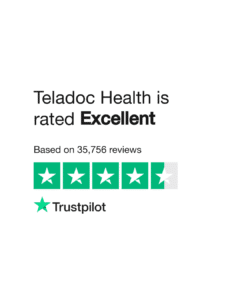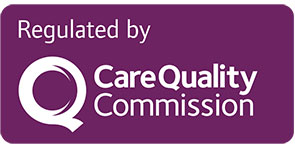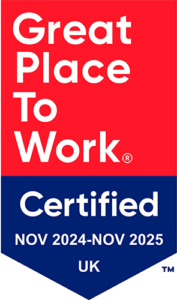
-
Insights
Real stories that show how our virtual healthcare services change lives and strengthen your brand.
Webinars, guides and tools designed to keep you informed and help support health and wellbeing.
A collection of articles offering thought leadership, expert tips and practical advice to support healthier lives.
Insights
Explore real stories, expert advice, and practical tools. Everything you need to stay informed, inspired, and empowered to support health and wellbeing.
-
Let’s connect. We’re ready to explore how we can support your organisation’s health and wellbeing goals.
Get in touch to find out more about our services or ask any questions — we’re here to help.
Join us and be part of a team transforming virtual healthcare for people everywhere.
Contact us
Whether you want to partner with us, ask a question, or explore career opportunities — we’re here to start the conversation.









